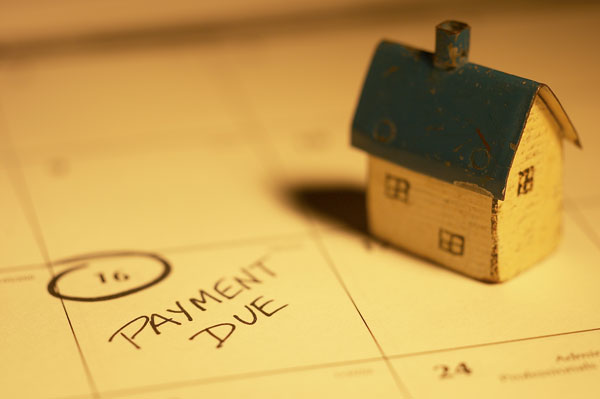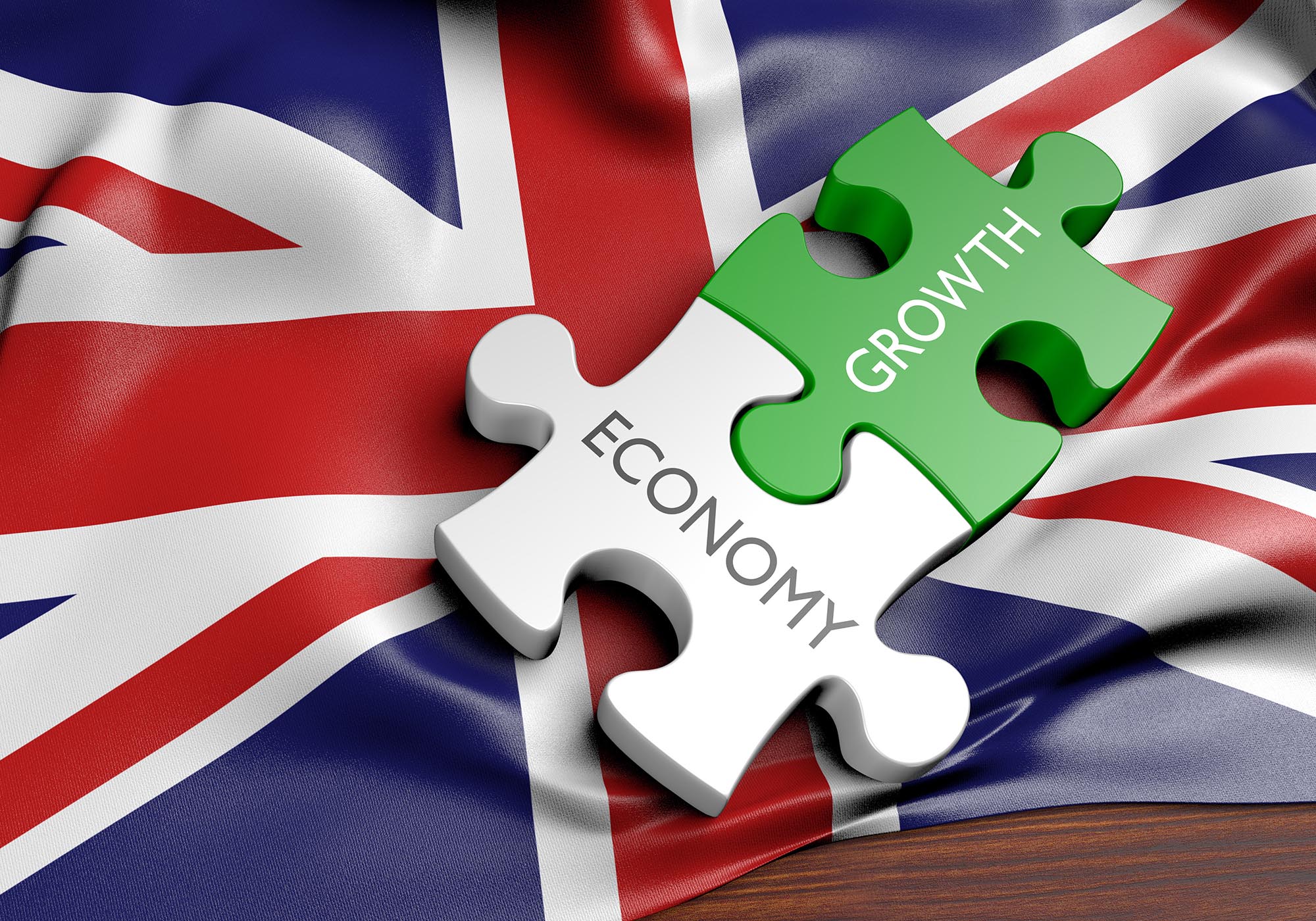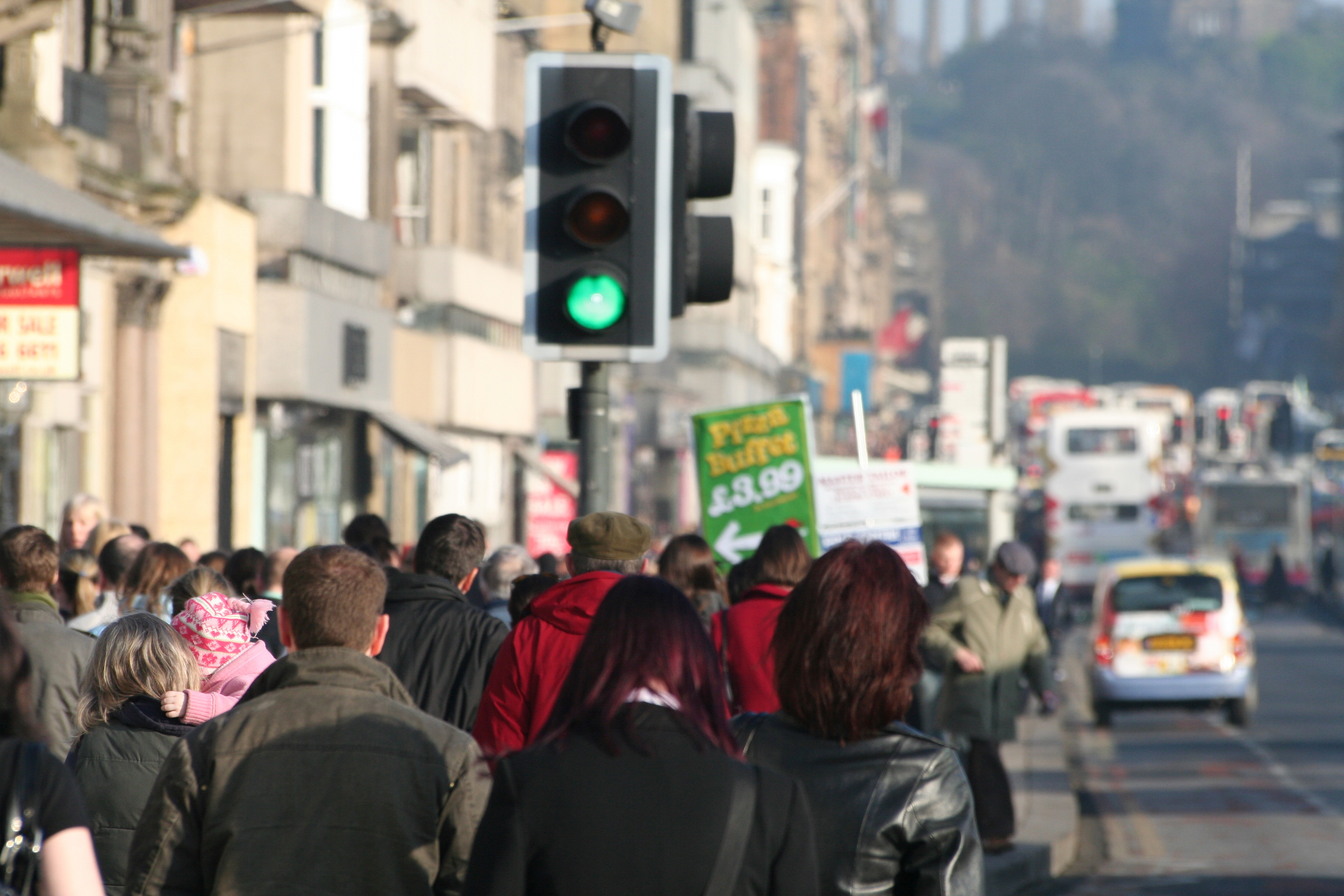There has been large increase in reported levels of financial difficulty in November 2023, according to a consumer champion.
Which? found 9.8% of people had missed or defaulted on a loan, credit card, housing or household bill payment in the past month.
The Which? Consumer Insight Tracker questioned 2,093 consumers. As well as an increase in missed payments, it also found that 57% of households had made at least one adjustment to cover essential spending in the past month.
Many households have struggled to pay their bills over the past two years during the cost-of-living crisis. But rather than showing signs of easing as the inflation rate falls, even more households now appear to be facing hardship.
The proportion of households that missed a payment rose dramatically in the month to 10 November, with almost one in 10 (9.8%) reporting missing a housing, bill, credit card or loan payment.
This rate of missed payments is the highest level Which? has recorded since April 2020, surpassing the previous high of 9.1% in January 2022.
Which bills are being missed the most often?
Which? found that household bills such as water of energy accounted for 5.6% of missed payments, loans or credit cards 5.3%, mortgages 2.9% and rent 8.8%.
Less severe financial difficulties continue to be experienced by a much larger swathe of consumers. Almost six in 10 (57%) households reported having made at least one adjustment to cover essential spending such as utility bills, housing costs, groceries, school supplies and medicines in the last month. Adjustments include cutting back on essentials, dipping into savings, selling possessions or borrowing.
These figures show that a large number of households are struggling to pay their bills, possibly for the first time for many. These people may have previously managed by making adjustments to their essential spending, but the impact of the continuous rise in living costs may have caught up with them.
Consumer pessimism grows
Many consumers are also pessimistic about their future financial. Consumers’ confidence in their current household financial situation and the outlook for the UK economy fell for the second straight month, following earlier signs of recovery in August and September.
Only about one in six (16%) consumers think the UK economy will get better over the next 12 months, whilst 53% believe it will get worse, giving a net confidence in the future economy of -37. This is a 10 point drop compared to two months ago.
Consumers’ views on their current household situation also fell slightly this month to +14, down from +21 two months ago.
A Which? spokesperson said: “As we approach the lead up to Christmas, these figures paint a bleak picture for UK households. This month’s tracker survey was defined by a rise in financial difficulty, alongside a fall in consumer confidence.
“This shows that many consumers are continuing to struggle to make ends meet, pay their bills and many expect that things will only get worse. We will continue to track these concerning figures in the coming months to see if the uptake in financial difficulty and increased pessimism persist.”





